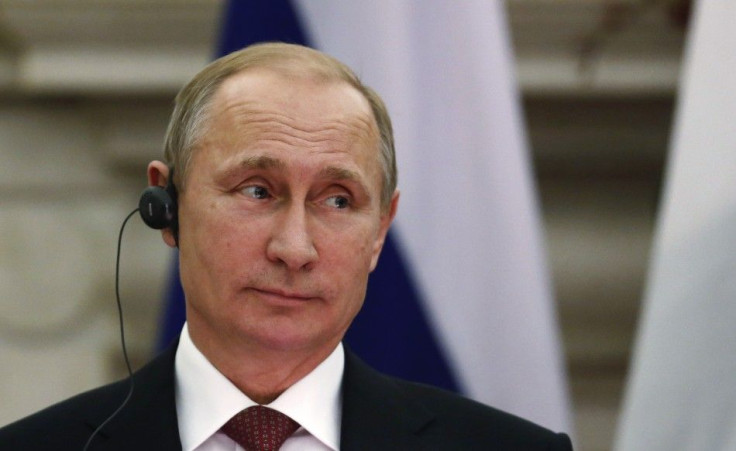US To Shift Nuclear Missiles in Europe in Anticipation of War Vs Putin

A day after it alleged Russia to have violated the 1987 Intermediate-Range Nuclear Forces Treaty or INF, the United States is thinking of stationing its nuclear cruise missiles in Europe in anticipation of the other country's war tactics.
Brian P. McKeon, deputy undersecretary of defense for policy, told a joint hearing on Russian treaty violations that the US cruise missiles will be redeployed in the region if Russia continues to be adamant about its nuclear program. Russia argued the testing of a ground-launched cruise missile in July 2014 was in compliance with the treaty. GlobalSecurity.org said Russia developed the missile, believed to be an R-500, to "ensure nuclear parity with China." The latter is not a signatory to the treaty but has highly advanced nuclear weapons.
Suffice to say, the planned redeployment makes good McKeon's pronouncement that the U.S. will not just watch while Russia conducts its cruise missile testing. McKeon said that although the U.S. doesn't want to engage in an "escalatory cycle of action and reaction," the country most definitely asserted the violation "will not go unanswered, because there is too much at stake."
Rose Gottemoeller, undersecretary of state for arms control and international security, told the same hearing President Barack Obama has written Russian President Putin about the arms violation. Other senior U.S. government officials have likewise followed suit. But Russia remained tight lipped. Gottemoeller, stressing the U.S. can't wait forever for a reply, said the government had drawn up a list of "countermeasures" against Russia. Diplomacy will always be the priority to resolve the new dispute between the two countries, but the U.S. didn't disregard "future military countermeasures," along with possible economic sanctions.
The U.S. doesn't possess ground-launched cruise missiles in Europe by virtue of the INF. But McKeon hinted it is an option being highly considered. As to the military options lined up, McKeon said they ranged from "reactive defense, to counterforce, to counter value defense measures."
Asked by lawmakers to confirm if Russia was indeed moving tactical nuclear weapons systems into Crimea, both said they remain concerned. But McKeon stressed he had not seen such evidence, noting the department cannot comment just based on "open source reports." On Oct 10, the Free Beacon disclosed Russia is moving tactical nuclear arms into Crimea. In August, Mr Putin, according to Russian state media, approved the deployment of short-range Iskander M nuclear missiles and Tu-22 nuclear capable bombers into the area.






